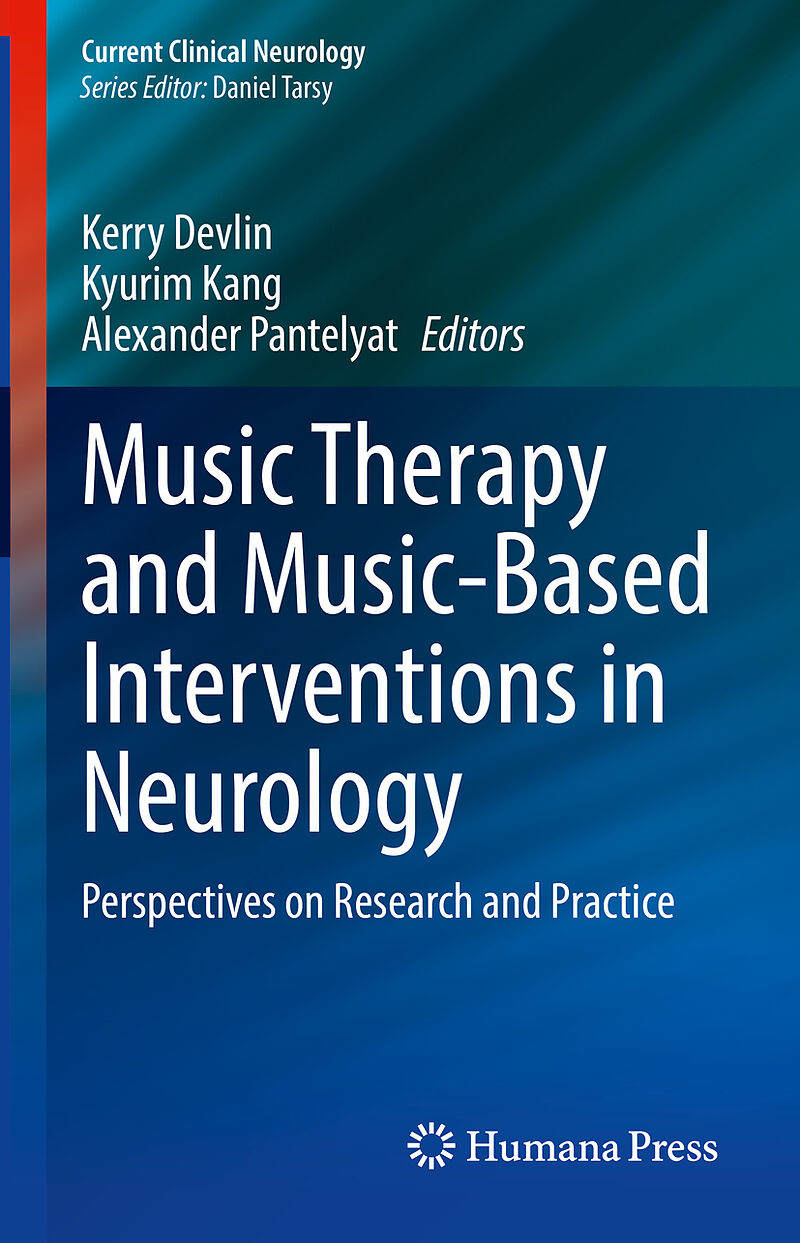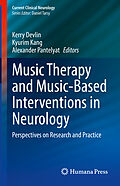Willkommen. Schön, sind Sie da!
0


Music Therapy and Music-Based Interventions in Neurology
Beschreibung
This book synthesizes knowledge about the myriad ways music can support the physical and psychosocial needs of people living with neurological diagnoses. It may be a useful tool for those working or training as music therapists, as well as clinicians and pati...Format auswählen
- Fester EinbandCHF 50.30
- E-Book (pdf)CHF 47.50
- Kartonierter EinbandCHF 51.10
TIEFPREIS
CHF50.30
Print on Demand - Exemplar wird für Sie besorgt.
Kostenlose Lieferung